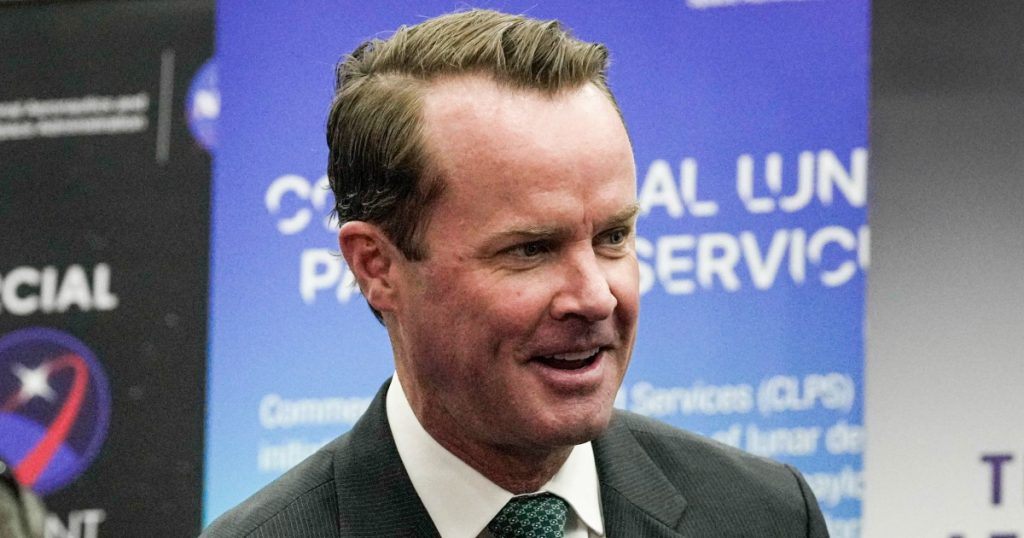Republican voters in southeastern Texas are facing a heated primary battle between state House Speaker Dade Phelan and conservative activist David Covey, who is backed by former President Donald Trump. Phelan, who angered the party’s right flank by overseeing impeachment efforts against Texas Attorney General Ken Paxton, faces a tough challenge in a runoff election after neither candidate cleared 50% in the initial March primary. The race highlights deep rifts within the Republican party in a traditionally conservative stronghold.
Phelan, who has held his position since 2014 and became speaker in 2021, faces a delicate balancing act as he must navigate his relationships with both Democratic colleagues and conservative primary voters in his district. His decision to lead impeachment proceedings against Paxton on corruption charges last year caused significant turmoil within the Texas GOP, with Paxton vowing revenge on those who tried to remove him from office. Despite the impeachment by the state House, Paxton was not ultimately convicted and removed by the state Senate.
The runoff election in southeastern Texas has attracted significant financial investment, with approximately $7 million spent in the state House district in 2023 and 2024. Phelan’s campaign has spent a substantial $3 million, while Covey’s campaign has spent just over half that amount. Outside groups have also become involved, with the Club for Growth spending $1.1 million in support of Covey and the School Freedom Fund spending over $376,000 targeting Phelan over his opposition to the school voucher program promoted by Republican Governor Gregg Abbott.
Former President Donald Trump has weighed in on the race, endorsing Covey and criticizing Phelan’s leadership. Trump’s influence in Texas politics reflects a broader GOP civil war that is playing out nationally, according to political science professor Cal Jillson. If Phelan loses in the runoff election, it would signal that figures like Trump, Lt. Gov. Dan Patrick, and Ken Paxton have significant control over the direction of the Republican Party in Texas.
The outcome of the runoff election in southeastern Texas could have far-reaching implications for the future of the Republican party in the state. The tension between more moderate Republicans like Phelan and the conservative wing of the party represented by Covey highlights the challenges facing the GOP as it grapples with internal divisions. The race underscores the shifting dynamics within the Texas Legislature, which has traditionally prided itself on bipartisanship but is now reflecting the broader conflicts within the national Republican Party.


